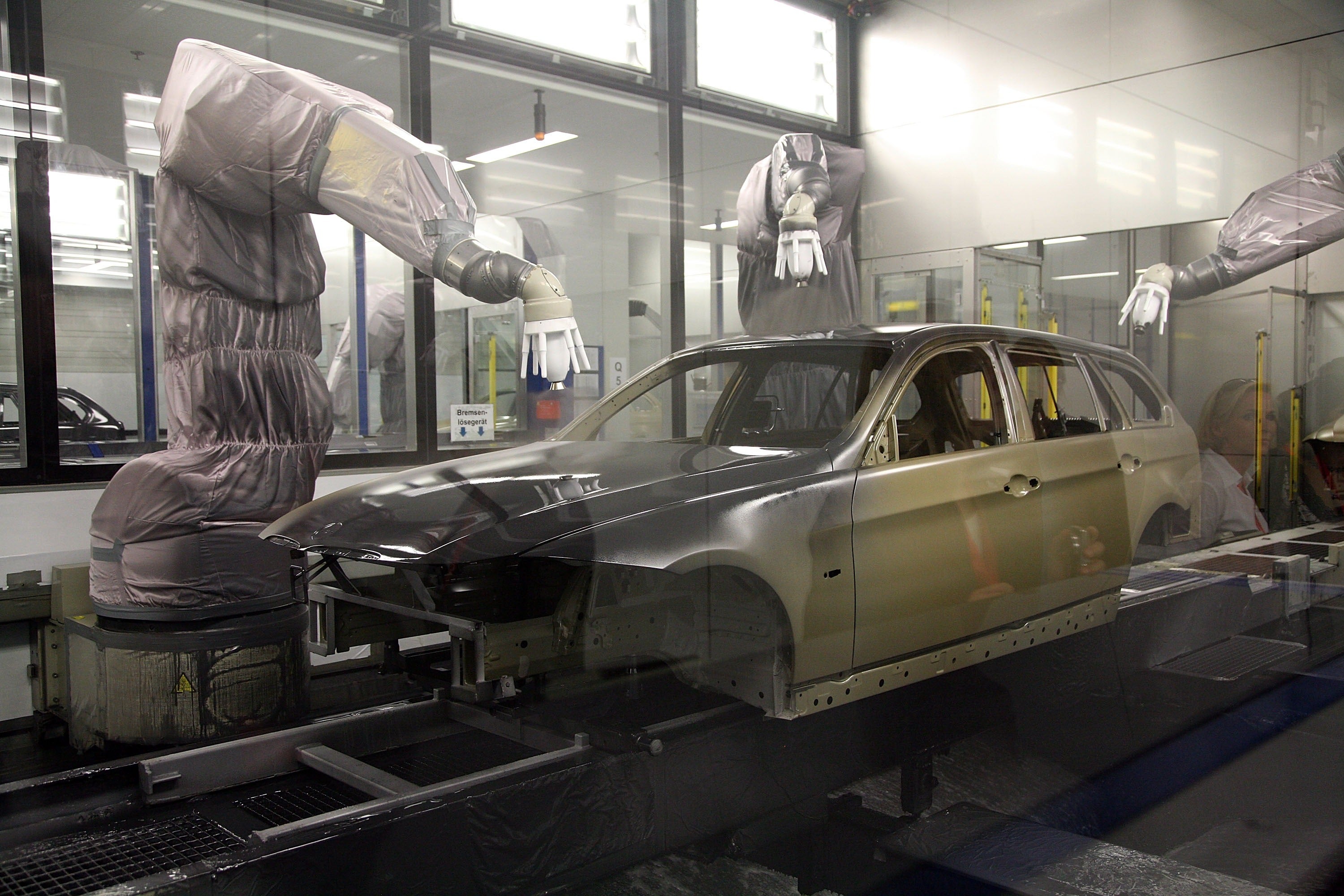Robots have put 1.3 million Londoners' jobs at risk
Those most at risk are roles that involve routine tasks

Your support helps us to tell the story
From reproductive rights to climate change to Big Tech, The Independent is on the ground when the story is developing. Whether it's investigating the financials of Elon Musk's pro-Trump PAC or producing our latest documentary, 'The A Word', which shines a light on the American women fighting for reproductive rights, we know how important it is to parse out the facts from the messaging.
At such a critical moment in US history, we need reporters on the ground. Your donation allows us to keep sending journalists to speak to both sides of the story.
The Independent is trusted by Americans across the entire political spectrum. And unlike many other quality news outlets, we choose not to lock Americans out of our reporting and analysis with paywalls. We believe quality journalism should be available to everyone, paid for by those who can afford it.
Your support makes all the difference.Robots could soon put 1.3 million Londoners at high risk of losing their jobs.
That's the view of Deloitte, who analysed Labour market data and found a growing number of London-based jobs are in the firing line thanks to new technology that can automatically carry out tasks.
Those most at risk a Those most at risk are roles that involve routine tasks re roles that involve routine tasks that could easily be performed by machines.
Read more:
Robots are going to steal the jobs of chefs, salespeople and models
Worker killed by robot at Volkswagen car factory
But Deloitte said Londoners shouldn't panic as so far greater automation in the workplace has boosted the capital.
There is evidence to suggest that London-based companies are responding to the rise of the machines and creating more jobs that are less likely to be replaced.
Better yet that type of work pays on average £10,000 more than the roles that robots may take over.
"Our work shows the automation of jobs – and a shift from brawn to brains - is well underway in London, but we appear to be benefitting not losing out," said Angus Knowles-Cutler, Deloitte vice chairman and London senior partner.
"In line with the advances in technology and automation we expect to see in the next twenty years, high-risk, routine occupations are being dwarfed in our local economy by very strong growth in those jobs at less risk of automation.
"In addition, we are seeing increased economic value from these new jobs."
Still, Knowles-Cutler advised companies, teachers and the Government to ensure that London's young people are equipped with the right skills to take these jobs.
"Business, educators and government must work together to ensure young people enter London’s workforce with the skills suited to the jobs of tomorrow," he added.
Join our commenting forum
Join thought-provoking conversations, follow other Independent readers and see their replies
Comments